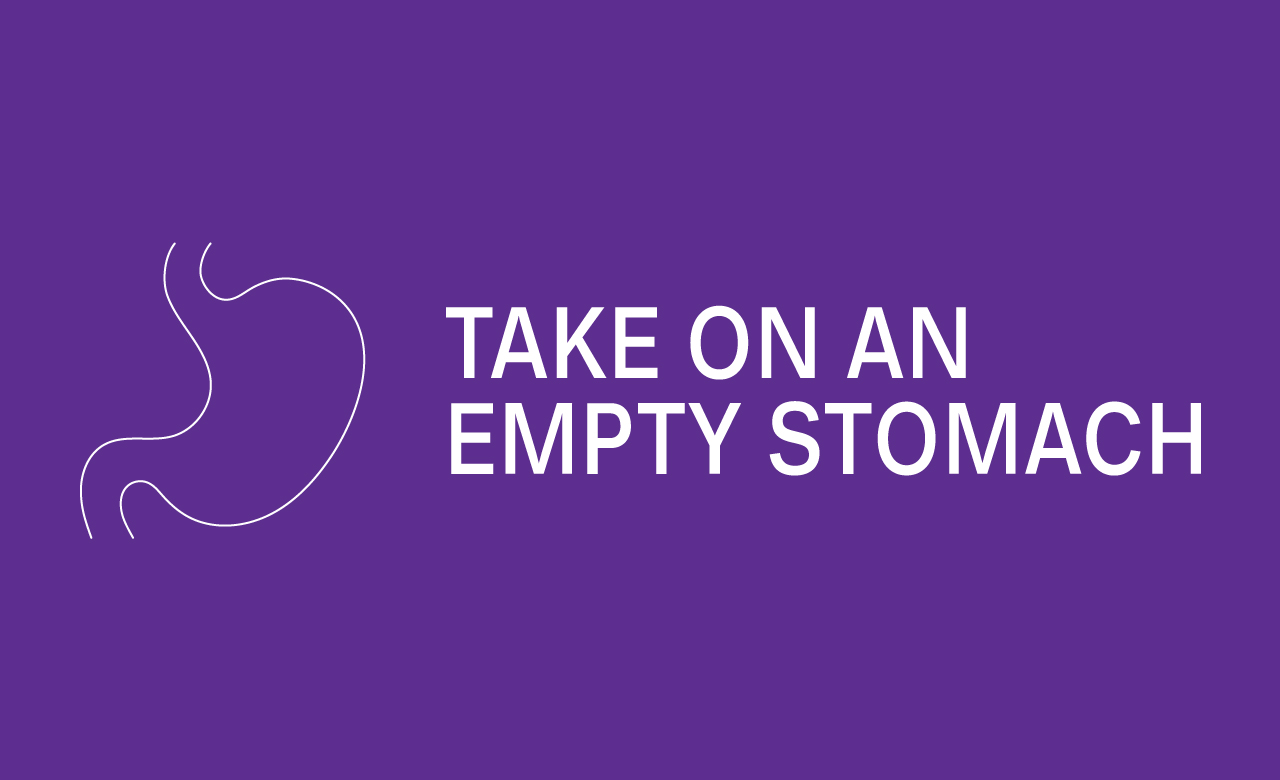Lauren Howell, PharmD
Many medications can be taken without regard to meals, but which ones need to be taken with food? What about those that have to be taken on an empty stomach to be effective? Taking some medications at the same time as eating can cause the medicine to not be absorbed optimally. In other situations, food can interact with the medicine and either increase or decrease the amount of drug that is available in the blood, causing it to either be dangerously abundant or in an amount that is too low to be effective.

These 11 medications may have interactions with food and are good to review when counseling patients.
1. Antibiotics
While not all antibiotics need to be taken on an empty stomach, several, including ampicillin, should be taken separately from certain foods, such as dairy products. To optimize absorption, these antibiotics should be taken with a full glass of water and 30 minutes before or 2 hours after meals.
2. Iron
Iron products are best absorbed when taken on an empty stomach. Ideally, they should be taken with water or fruit juice, 1 to 2 hours after a meal. However, in some patients, iron can cause stomach upset and may be taken with food to lower the chance of this adverse effect.
3. Statins
In the case of statins, not all food has to be avoided. Specific foods, such as grapefruit juice, can elevate the levels of the medication in the bloodstream and lead to symptoms of toxicity, such as myopathy.
4. Thyroid replacements
Thyroid medications, such as levothyroxine, should be taken without food to ensure that the medication is absorbed enough to be effective. Patients are often advised to take these medications first thing in the morning. Foods such as walnuts, high-fiber foods, and soybean flour, as well as drinks such as grapefruit juice, coffee, and milk have been shown to affect the absorption of these medications. For this reason, thyroid replacement medications should be taken 30 to 60 minutes before breakfast and should be separated from other medications by at least 4 hours, unless otherwise specified.
5. Bisphosphonates
This class of drug that is commonly used to treat osteoporosis can bind to some foods, antacids, and supplements in the stomach. For these medications, it is recommended to take doses
at least 30 minutes to 1 hour before the first food, drink, or medication of the day. It is important to remind patients to drink a full glass of water with these medications to ensure that it moves to the stomach quickly and does not cause any damage to the esophagus.
6. Proton pump inhibitors
These medications work by preventing acid secretion in the stomach. Because food can signal acid production to begin, proton pump inhibitors need time to be absorbed and work before food is consumed in order to prevent acid secretion. Patients using these medications should take them 1 hour before meals. Of note, pantoprazole is the exception to this rule and works well with or without food.
7. Bethanechol
This medication is used to treat urinary retention and should be taken without food to prevent adverse effects, such
as nausea and vomiting. Scheduling this medication correctly can require effort because it is often taken 3 or 4 times a day. It should be taken 1 hour before or 2 hours after meals.
8. Captopril
Captopril can be taken for a variety of conditions including hypertension, heart failure, and kidney problems
in patients with diabetes. Taking captopril with food can decrease absorption, so it should be taken 1 hour before or 2 hours after meals.
9. Sildenafil
Some medications, such as sildenafil, do not have to be taken on an empty stomach but can work quicker when taken without food. In this case, high-fat foods specifically can increase the length of time before the medication takes effect.
10. Sucralfate
Sucralfate is used to treat intestinal ulcers and works by forming a protective coating over the ulcer. It needs to
be taken at least 1 hour before or 2 hours after a meal so that it can coat the ulcer effectively. Other medications, such
as antacids, can also lower the ability of sucralfate to coat the ulcer.
11. Digoxin
Serum concentrations of digoxin are decreased if taken with food. More specifically, fiber and pectin can decrease the absorption of this medication. ■